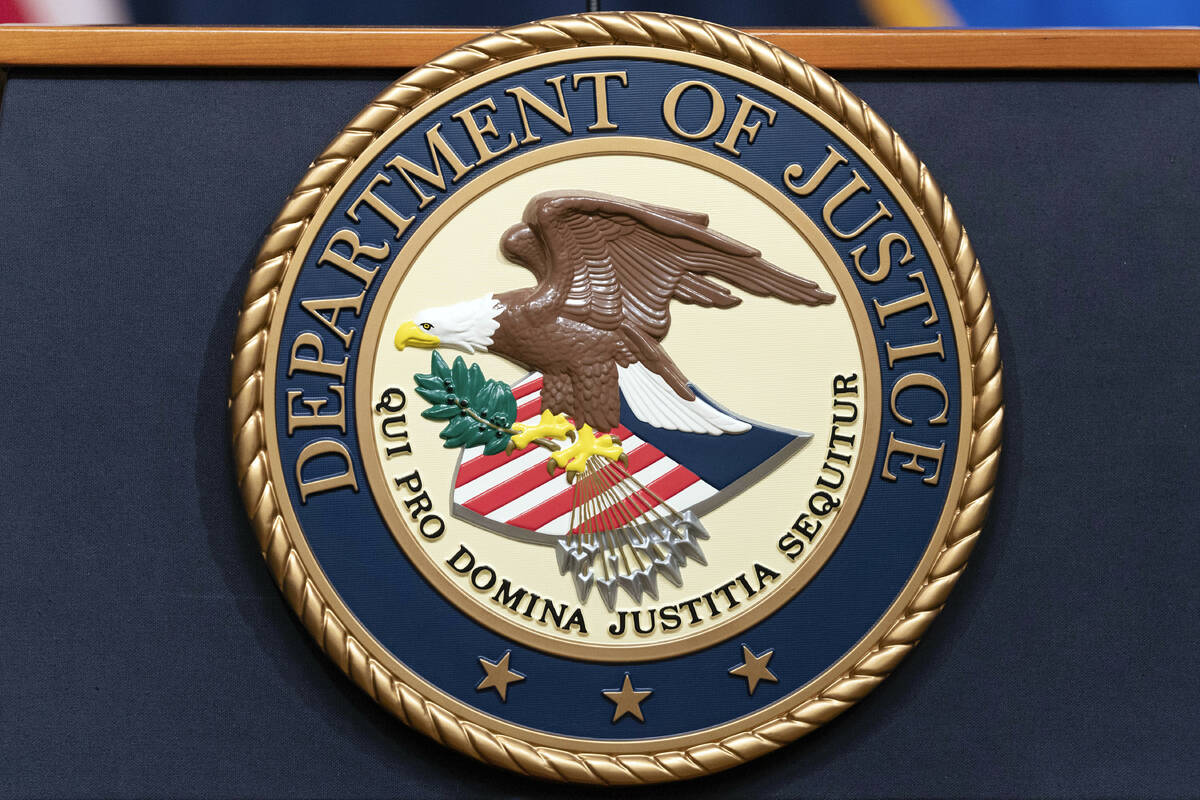The federal government has weighed in on a class-action lawsuit, arguing in a court filing that the collaborative use of pricing algorithms poses a danger to the free market.

The federal government has weighed in on a class-action lawsuit against several Las Vegas casino hotel operators, arguing in a court filing that the collaborative use of pricing algorithms poses a danger to the free market.
The U.S. Department of Justice filed an amicus brief Thursday in a federal appellate court supporting a group of hotel customers who claim multiple hotels in Las Vegas used the same room-booking software and engaged in a price-fixing scheme to artificially inflate rates. The government says the anti-trust questions raised by the class-action suit could set a new legal precedent and therefore are of “significant importance.”
A district court judge in Nevada dismissed an amended complaint earlier this year, stating that the customers’ claims failed to move from “conceivable to plausible.” In her decision, Judge Miranda Du noted that hotels are not required to, and often don’t, accept the pricing recommendations from the software.
The DOJ said in its friend-of-the-court filing with the Ninth U.S. Circuit Court of Appeals that Du’s point “is not necessary for illegality, as an agreement among competitors to use certain pricing algorithms to generate default or starting-point prices is per se illegal even if there is no further agreement on final prices.”
The class-action suit alleges the Las Vegas hotel operators colluded to overcharge guests by collectively feeding the software program artificially inflated prices, thereby altering how the algorithm determined room rates.
Originally filed in 2023, the claims are against Wynn Resorts, Caesars Entertainment, Treasure Island, Blackstone (former operator of The Cosmopolitan), JC Hospitality (operator of the Virgin casino-hotel), and Cendyn Group, a Florida-based computer software and data company that developed a hotel room booking program used by the casinos, and its subsidiary, Rainmaker Group Unlimited, based in Georgia.
Last month, the group of hotel customers asked the federal appellate court to reconsider the Nevada district court’s decision to dismiss.
A similar case brought against casino hotel operators in Atlantic City, New Jersey, was dismissed last month. That case, which is also being considered for appeal, involves Caesars Entertainment and Cendyn, as well as MGM Resorts International and Hard Rock International.
David Danzis can be contacted at [email protected] or (702) 383-0378. Follow AC2Vegas_Danzis on X.

